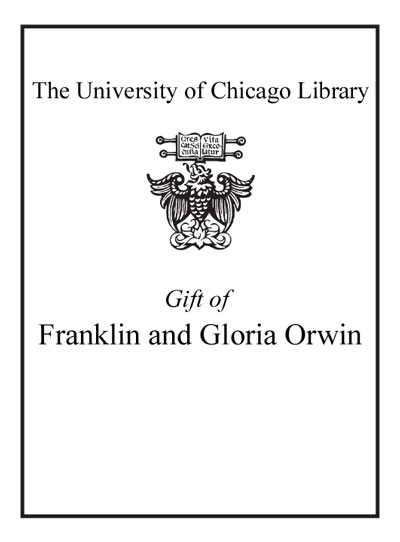Truth or truthiness : distinguishing fact from fiction by learning to think like a data scientist /
Saved in:
| Author / Creator: | Wainer, Howard, author. |
|---|---|
| Imprint: | New York, NY : Cambridge University Press, 2016. ©2016 |
| Description: | xviii, 210 pages ; 24 cm |
| Language: | English |
| Subject: | |
| Format: | Print Book |
| URL for this record: | http://pi.lib.uchicago.edu/1001/cat/bib/10505772 |
Table of Contents:
- Part I. Thinking Like a Data Scientist
- 1. How the rule of 72 can provide guidance to advance your wealth, your career and your gas mileage
- 2. Piano virtuosos and the four-minute mile
- 3. Happiness and causal inference
- 4. Causal inference and death
- 5. Using experiments to answer four vexing questions
- 6. Causal inferences from observational studies: fracking, injection wells, earthquakes, and Oklahoma
- 7. Life follows art: gaming the missing data algorithm
- Part II. Communicating Like a Data Scientist
- 8. On the crucial role of empathy in the design of communications: genetic testing as an example
- 9. Improving data displays: the media's, and ours
- 10. Inside-out plots
- 11. A century and a half of moral statistics: plotting evidence to affect social policy
- Part III. Applying the Tools of Data Science to Education
- 12. Waiting for Achilles
- 13. How much is tenure worth?
- 14. Detecting cheating badly: if it could have been, it must have been
- 15. When nothing is not zero: a true saga of missing data, adequate yearly progress, and a Memphis charter school
- 16. Musing about changes in the SAT: is the college board getting rid of the bulldog?
- 17. For want of a nail: why worthless subscores may be seriously impeding the progress of western civilization

